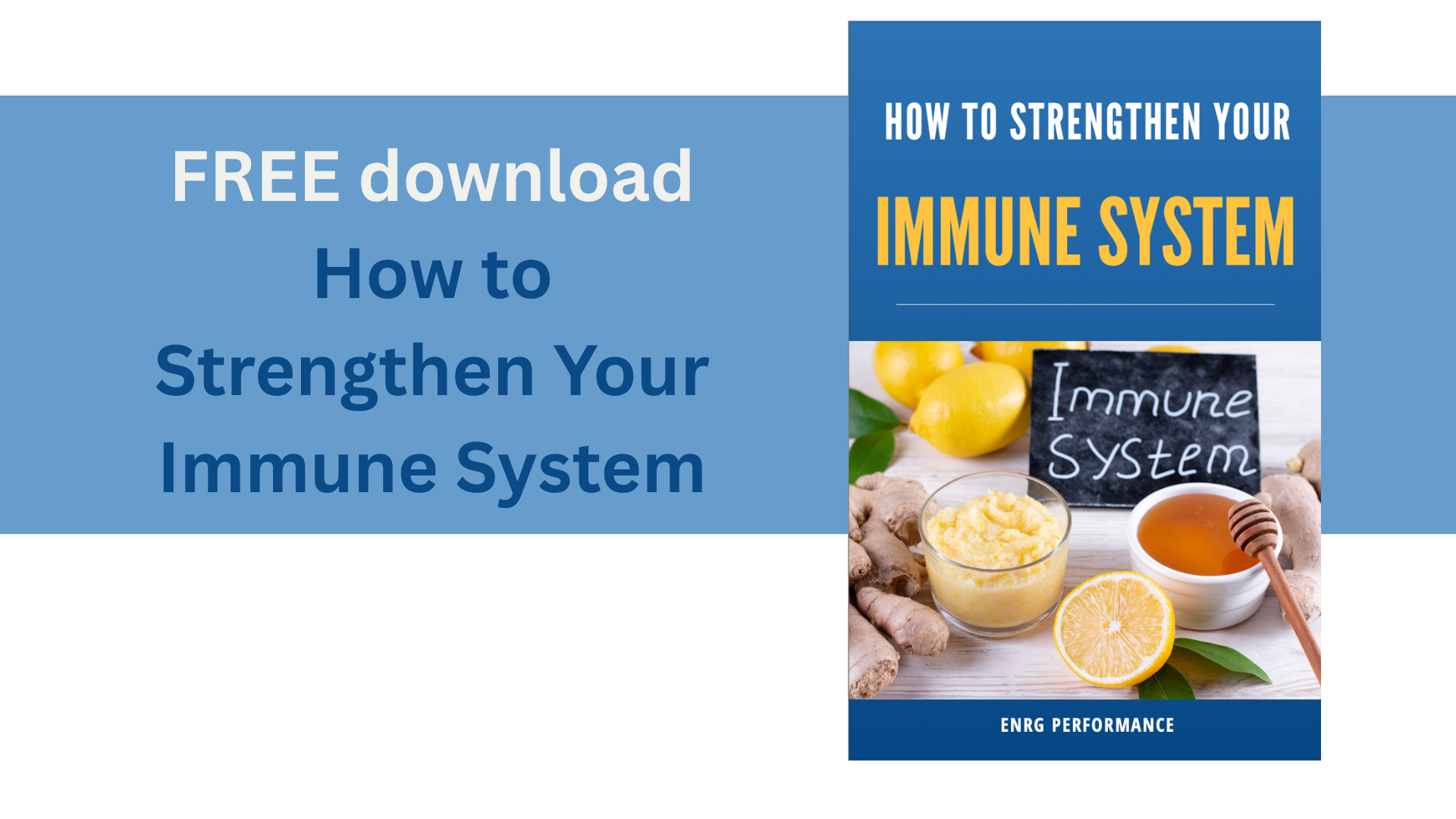The Power of Nitric Oxide
Aug 04, 2025
Nitric oxide (NO) has been around a very long time in the nutrition space. I remember around 20 years ago when it was just making its “push” into sports nutrition. Since then, it has taken off and rightly so due to all of the benefits it has associated with it - and not just from a sports perspective. There are many pathways NO is involved in from a health and longevity perspective also. Let’s dive into NO.
NO is a tiny molecule that is a crucial signaling molecule that helps regulate various physiological processes, including blood flow, inflammation and immune function. As a vasodilator, NO helps to relax and widen blood vessels, improving blood flow and lowering blood pressure. This can have a significant impact on cardiovascular health, reducing the risk of heart disease, stroke and other cardiovascular conditions.
NO is not only great for cardiovascular health but it also plays a role in:
- Immune function: helps to regulate immune responses and protect against infections.
- Inflammation: exerts anti-inflammatory properties, which can help to reduce inflammation and oxidative stress.
- Neurotransmission: acts as a neurotransmitter, helping to regulate communication between nerve cells.
Even more interesting is the impact of NO on blood sugar. Yeah, just about everything has some type of relation to blood sugar so be sure to keep updated on the Metabolic Efficiency Training Concept that I created 20 years ago (read more HERE).
When blood sugar levels are high and you are not implementing the Metabolic Efficiency Training Concept, it can lead to endothelial dysfunction and higher oxidative stress. High blood sugar levels can damage the endothelium (lining of the blood vessels) and increase oxidative stress in the body, both of which can reduce NO product and deplete NO levels. Neither is beneficial for supporting optimal health, longevity and fitness.
The great news when it comes to improving NO levels in the body is that there are many foods that can help improve nitric oxide levels, including the following:
-
Beets (yes, beets!)
-
Leafy green veggies (spinach, kale, arugula, collard greens)
-
Berries (can’t go wrong with any of these)
-
Citrus fruits (oranges, grapefruits, lemons)
-
Garlic (not only for Italians!)
-
Onions (any type or color)
-
Nuts and Seeds (almonds, walnuts, and pumpkin seeds)
-
Fatty fish (salmon, tuna, mackerel)
It would be great to include many of the above foods to improve NO levels but if some of them just don’t float your boat, you can also focus on exercising, reducing stress and prioritizing sleep so quantity and quality are sufficient.
Nitric oxide is a wonderful compound in the body and lucky for us, we can make some easy changes to our nutrition to help boost NO levels to support optimal health, longevity and fitness.
Want some help in designing a custom nutrition plan to meet your goals and needs? Reach out to our awesome team of Sport Dietitians at eNRG Performance!
PS - I only have 1 MORE SPOT available in my Virtual FatBurn Blueprint Program in September! If you are looking for a custom meal and exercise plan that is created based on your hormones (via testing) along with frequent 1 on 1 communication with yours truly, SIGN UP HERE.
SUBSCRIBE AND WE WILL DROP SOME HEALTHY INSPIRATION IN YOUR INBOX
We hate SPAM. We will never sell your information, for any reason.







